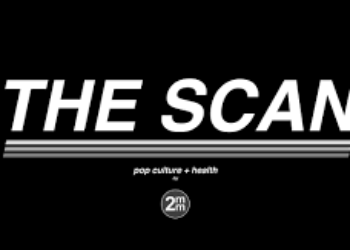Lower than expected seropositivity among vaccinated university students during N. meningitidis outbreak
1. In response to a meningococcal B outbreak at a US university in 2013 and 2014, the FDA approved the use of a recombinant meningoccal B vaccine (4CMenB) before licensure.
2. Among a sample of students who revived two doses of the 4CMenB vaccine, nearly one-third were found to be seronegative to the outbreak strain.
Evidence Rating Level: 2 (Good)
Study Rundown: Although the incidence of meningococcal disease in the United States has been declining, due in part to the vaccination of adolescents with meningococcal A, C, W, and Y vaccines, protection against N. mengitidis serogroup B has remained challenging as a result of antigenic similarities between the meningococcal B polysaccharide and human glycoproteins. In the face of a meningococcal B outbreak on a university campus in 2013-2014, in which nine cases of disease and one death were discovered, the US FDA approved the administration of the recombinant meningococcal B vaccine 4CMenB to select students prior to its licensure.
Titers for human serum bactericidal antibodies (hBSA) against the outbreak strain were quantified to assess seroprevalence among individuals who were eligible to receive the vaccine. Among the students who recommended 4CMenB vaccine schedule of two doses 10 weeks apart, approximately two-thirds were found to be seropositive for the outbreak strain. This study draws strength from the authors’ choice to compare seropositivity for the outbreak strain to a vaccine reference stain, in which the discrepancy between the two demonstrated that immunity could be greatly overestimated unless it is the specific outbreak strain that is used to predict immunity. A notable limitation of the study, however, is the small number of students who chose to forgo vaccination.
Click to read the study, published today in NEJM
Relevant Reading: Multivalent meningococcal serogroup B vaccines: challenges in predicting protection and measuring effectiveness.
In-Depth [cross-sectional study]: The 4CMenB vaccine was offered to nearly 6000 students: graduate students living on campus and all undergraduates enrolled at the time of the outbreak. Within six months, 95% of students had received at least one dose, and 89% had completed the recommended two-dose series. All students eligible for the vaccination campaigns were invited to participate in the seroprevalence study. Seropositivity was defined as a hBSA titer ≥4. Of the 499 tested students who received two doses of 4CMenB, 330 (66.1%; 95%CI 61.8-70.3) were seropositive. Of the 17 tested students who received one dose of 4CMenB, 10 (58.8%; 95%CI 32.9-81.6) were seropositive. Of the 19 unvaccinated students who were tested, 4 (21.1%; 95%CI 6.1-45.6) were seropositive. There was no significant between-group difference in seropositivity in those receiving one or two doses of 4CMenB (p = 0.53). Significant between-group differences for seropositivity were found in two doses vs no dose (p < 0.001) and one dose vs no dose (p = 0.03).
Image: PD
©2016 2 Minute Medicine, Inc. All rights reserved. No works may be reproduced without expressed written consent from 2 Minute Medicine, Inc. Inquire about licensing here. No article should be construed as medical advice and is not intended as such by the authors or by 2 Minute Medicine, Inc.






